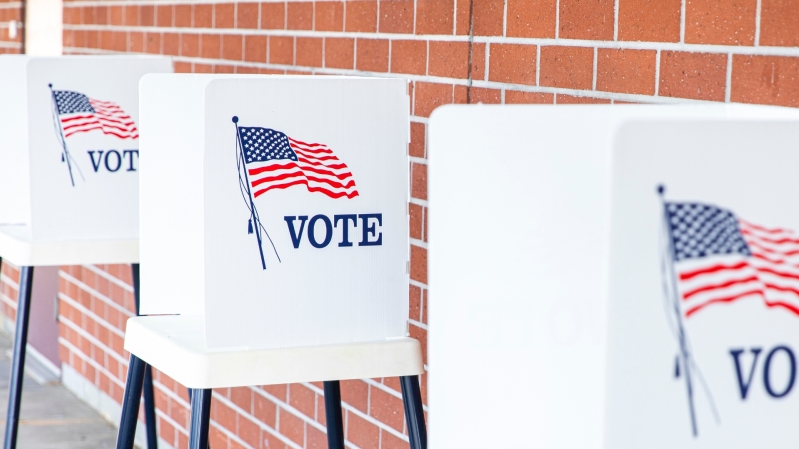
In the most recent video on his YouTube channel, Rev. Boli brought up a sensitive topic related to the U.S. election: Why are Chinese pastors afraid to take a stand in the election?
The Election and Christian Participation
As the U.S. election draws near, with November 5 being the big revelation date of whether Trump or Harris will be the next president, there are many Chinese pastors who are hesitant to express their personal stances publicly, according to Rev. Boli. He examined and analyzed the reasons behind this phenomenon and discussed election and politics from the perspective of the Bible and church traditions.
Vote Boldly for the Party with Biblical Values
As a pastor, Rev. Boli encouraged all brothers and sisters to vote boldly for the party that respects Biblical and fundamental American values. However, it is not fitting for the pastor to talk about politics from the pulpit. “The election may be important, but the first and foremost responsibility of the church is to teach the Word of God to the believers.”
The Nature of Politics
Originating in Greece, politics refers to the administration, rule, participation, and election in a city-state and is the sum total of public life. In short, politics is the act of managing the affairs of the congregation. Whether we talk about politics or not, we can't stay away from politics altogether because the church and society are so closely intertwined.
Theology of Two Kingdoms
In Christian theology, there is the concept of two kingdoms: the earthly kingdom and the heavenly kingdom. Christians should put their focus on the heavenly kingdom, at the same time, they should fulfill the duties that the earthly kingdom calls them to, including participating in the development of social justice and maintaining public order. However, there are Christians who believe that earthly matters are not as important as the heavenly ones, and therefore distance themselves from politics.
Dichotomy Between Pietism and Spirituality
Chinese churches are deeply influenced by pietism, emphasizing the separation of the holy and secular. Many local churches such as Watchman Nee and Witness Lee’s church says absolutely nothing about politics, believing that the church should focus on heavenly affairs. Because of such influence from pietism, many Chinese pastors are afraid to voice their stances during the election.
Disagreements Within the Church
There also many pastors who worry that anything related to the election could raise disagreements and even schisms within the church. There will be believers who support the Republicans, and others who will support the Democrats. So to keep the unity of the church, the pastor should not speak of politics. However, such practices are worth discussing. The church should be united over the truth, not compromising to the world.
Personal Stances and Biblical Teaching
Rev. Boli chooses to hold onto the principles laid out in the Bible as a pastor. He will oppose the political party whose policies are contrary to biblical teachings. For example, support for abortions, gay rights, etc, are all values conflicting with scripture.
Conclusion
Rev. Boli concludes that the concerned attitude of Chinese pastors mostly come from the Two-Kingdom concept, influences from pietism, and church unity. However, the church needs to be fundamentally united over the truth, not compromising with the world. Rev. Boli expressed his hope that by discussing these topics openly, more people can think about Christian participation in politics and be empowered to express their own stances boldly.







